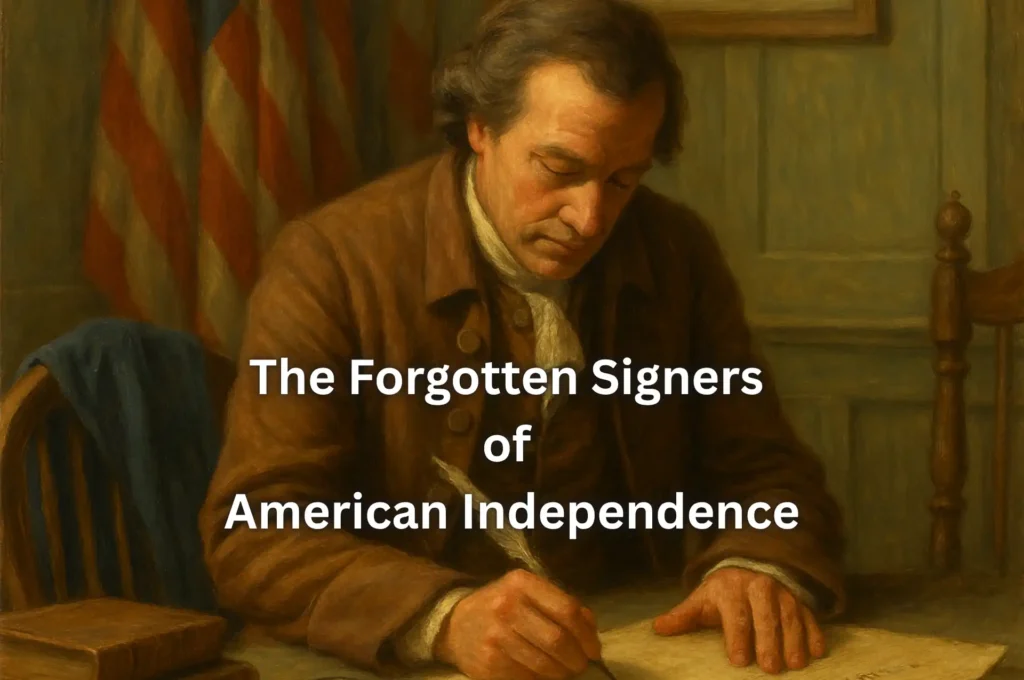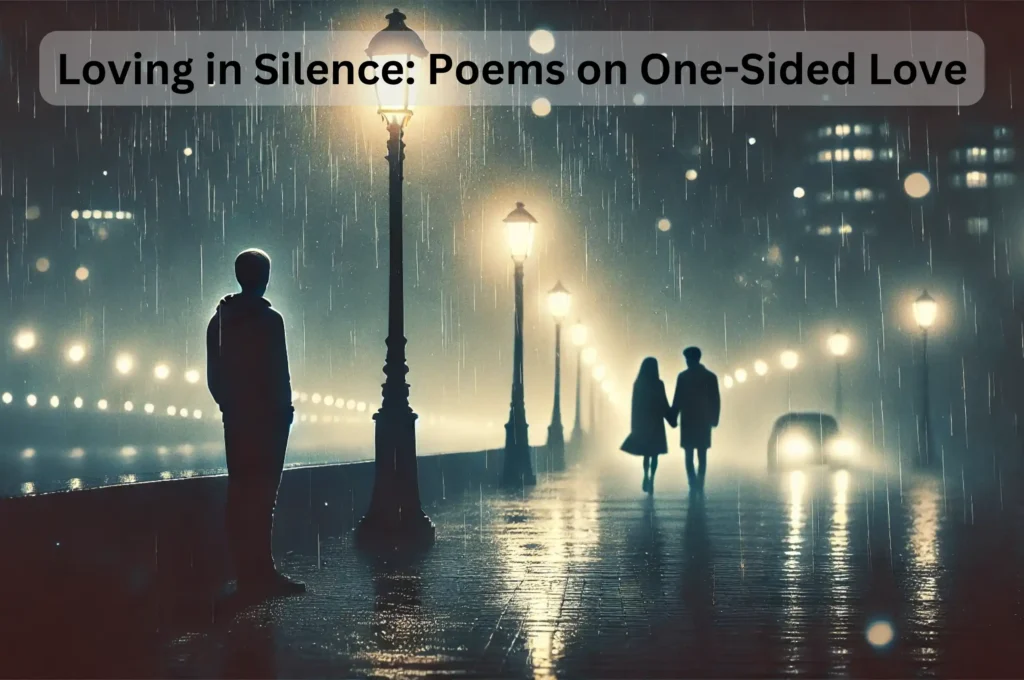Shakespeare Sonnet 3 “Look In Thy Glass and Tell the Face Thou Viewest” is one of William Shakespeare’s 154 sonnets, which are a collection of 14-line poems written in iambic pentameter1. This particular sonnet is part of the Fair Youth sequence, a group of sonnets addressed to a young man, urging him to marry and have children to preserve his beauty for future generations.
The poem begins with the speaker addressing the young man directly, urging him to consider his own reflection in a mirror. The speaker argues that the young man’s beauty is so striking that it would be a shame for it not to be passed on to future generations. The sonnet explores themes of time, mortality, and the desire for immortality through progeny. It’s a compelling piece that captures the timeless essence of Shakespeare’s poetry.
Explore: Poems By William Shakespeare
Table of Contents
Shakespeare Sonnet 3
Look In Thy Glass and Tell the Face Thou Viewest
Look in thy glass and tell the face thou viewest,
~ William Shakespeare’s Sonnet 3
Now is the time that face should form another,
Whose fresh repair if now thou not renewest,
Thou dost beguile the world, unbless some mother.
For where is she so fair whose uneared womb
Disdains the tillage of thy husbandry?
Or who is he so fond will be the tomb
Of his self-love, to stop posterity?
Thou art thy mother’s glass, and she in thee
Calls back the lovely April of her prime;
So thou through windows of thine age shalt see,
Despite of wrinkles, this thy golden time.
But if thou live rememb’red not to be,
Die single, and thine image dies with thee.
Shakespeare Sonnet 3 Meaning
Look in Thy Glass Meaning
In This Post: shakespeare sonnet 3, look in thy glass and tell the face thou viewest, shakespeare sonnet 3 analysis, shakespeare sonnet 3 meaning
Look in thy glass and tell the face thou viewest,
~ William Shakespeare’s Sonnet 3
Now is the time that face should form another,
Whose fresh repair if now thou not renewest,
Thou dost beguile the world, unbless some mother.
This line urges the young man to look into a mirror and examine the face he sees reflected there. The speaker is asking the young man to take a close look at himself and acknowledge his own beauty.
Here, the speaker is saying that now is the right time for the young man to use his beauty to create another face, meaning it’s time for him to have children and pass on his beauty to the next generation.
The speaker is warning the young man that if he doesn’t have children now to continue his lineage and renew his beauty through their fresh faces, then his own beauty will fade and be lost forever.
In this line, the speaker is suggesting that if the young man doesn’t have children, he’s depriving the world of the opportunity to be blessed by the beauty of his offspring, and he’s also withholding the joy of motherhood from a potential mother.
Overall, these lines emphasize the importance of the young man using his beauty to procreate and continue his lineage, as well as the consequences of not doing so.
For where is she so fair whose uneared womb
~ William Shakespeare’s Sonnet 3
Disdains the tillage of thy husbandry?
Or who is he so fond will be the tomb
Of his self-love, to stop posterity?
“For where is she so fair whose uneared womb Disdains the tillage of thy husbandry?”
The speaker is questioning where one could find a woman so beautiful that she would refuse to bear children with the young man. “Uneared womb” refers to a womb that has not been plowed or cultivated, symbolizing a woman who has not borne children. “Disdains the tillage of thy husbandry” means rejecting the idea of being cultivated by the young man’s care or husbandry. Essentially, the speaker is suggesting that it would be rare to find a woman so beautiful who would not want to have children with the young man.
“Or who is he so fond will be the tomb Of his self-love, to stop posterity?”
In these lines, the speaker questions who would be so foolish (“fond”) as to prevent the continuation of their lineage (“posterity”) out of excessive self-love. The phrase “be the tomb of his self-love” suggests that someone’s excessive self-regard could become a barrier to having children and continuing their legacy. In essence, the speaker is challenging the young man to consider who would be so self-absorbed as to deny themselves the opportunity to have children and ensure their own posterity.
Thou art thy mother’s glass, and she in thee
~ William Shakespeare’s Sonnet 3
Calls back the lovely April of her prime;
So thou through windows of thine age shalt see,
Despite of wrinkles, this thy golden time.
“Thou art thy mother’s glass, and she in thee Calls back the lovely April of her prime;”
The speaker is comparing the young man to his mother’s mirror (“glass”), suggesting that he reflects her youth and beauty. The phrase “calls back the lovely April of her prime” means that the young man, by resembling his mother, brings back memories of her own youthful beauty, akin to the loveliness of April, the season of renewal and freshness.
“So thou through windows of thine age shalt see, Despite of wrinkles, this thy golden time.”
Here, the speaker tells the young man that as he ages (“through windows of thine age”), he will see his own youth and beauty reflected back at him, despite the wrinkles and signs of aging that come with time. The phrase “this thy golden time” refers to the youth and beauty that the young man currently possesses, suggesting that despite the inevitable effects of aging, he should cherish and appreciate his current state.
In This Post: shakespeare sonnet 3, look in thy glass and tell the face thou viewest, shakespeare sonnet 3 analysis, shakespeare sonnet 3 meaning
But if thou live rememb’red not to be,
~ William Shakespeare’s Sonnet 3
Die single, and thine image dies with thee.
In these lines, the speaker is cautioning the young man about the importance of leaving behind a legacy. The phrase “live rememb’red not to be” means that if the young man doesn’t live in a way that ensures he is remembered after his death, then he might as well “die single,” meaning without leaving any descendants.
The consequence of not leaving behind descendants is expressed in the second line: “thine image dies with thee.” This means that if the young man dies without having children, his image, or his likeness, will die with him. In other words, his beauty and characteristics will not be carried on through future generations, and he will not leave a lasting impact on the world. It’s a stark reminder of the impermanence of individual existence and the significance of leaving behind a legacy through progeny.
Shakespeare Sonnet 3 Analysis
Look in Thy Glass Analysis
Sonnet 3 by William Shakespeare is part of the sequence of sonnets addressed to the Fair Youth, urging him to marry and have children. Here’s an analysis of Sonnet 3:
- Persuasion to Procreate: The sonnet begins with a direct address to the young man, urging him to look in the mirror (“glass”) and recognize his own beauty. The speaker then implores the young man to use this beauty to father children and continue his lineage.
- Metaphor of Reflection: The line “Thou art thy mother’s glass” employs a metaphor comparing the young man to a mirror reflecting his mother’s youthful beauty. This metaphor emphasizes the idea of inheritance and the passing of traits from parent to child.
- Temporal Contrast: Shakespeare contrasts the youth and beauty of the present (“lovely April of her prime”) with the inevitability of aging and mortality (“Despite of wrinkles”). This temporal contrast underscores the fleeting nature of youth and the importance of seizing the opportunity to procreate while one is still young and beautiful.
- Legacy and Immortality: The final couplet delivers a powerful message about the significance of leaving behind a legacy. The speaker warns that if the young man fails to marry and have children, he will die alone (“Die single”) and his beauty will perish with him (“thine image dies with thee”). This emphasizes the idea that procreation is not only a biological imperative but also a means of achieving a form of immortality through the continuation of one’s lineage.
- Rhetorical Appeal: Throughout the sonnet, Shakespeare employs rhetorical devices such as direct address, metaphor, and contrast to persuade the young man to consider the importance of procreation and the consequences of failing to do so.
Overall, Sonnet 3 is a poignant exploration of themes such as beauty, time, mortality, and the desire for immortality through progeny. It offers timeless wisdom about the transient nature of youth and the enduring legacy that can be achieved through parenthood.
In This Post: shakespeare sonnet 3, look in thy glass and tell the face thou viewest, shakespeare sonnet 3 analysis, shakespeare sonnet 3 meaning
Footnotes:
- Iambic pentameter is a poetic meter used in traditional English poetry and drama. Each line consists of five metrical feet, and each foot consists of an unstressed syllable followed by a stressed syllable (iamb). This pattern creates a rhythmic “da-DUM” sound.
Here’s an example of iambic pentameter using Shakespeare’s Sonnet 18:
Shall I compare thee to a summer’s day? (10 syllables, 5 iambs) Thou art more lovely and more temperate. (10 syllables, 5 iambs)
In Sonnet 3, Shakespeare uses iambic pentameter to create a smooth and flowing rhythm that enhances the beauty and elegance of his language. ↩︎
List of Poets in Alphabetical Order
कवियों की सूची




















